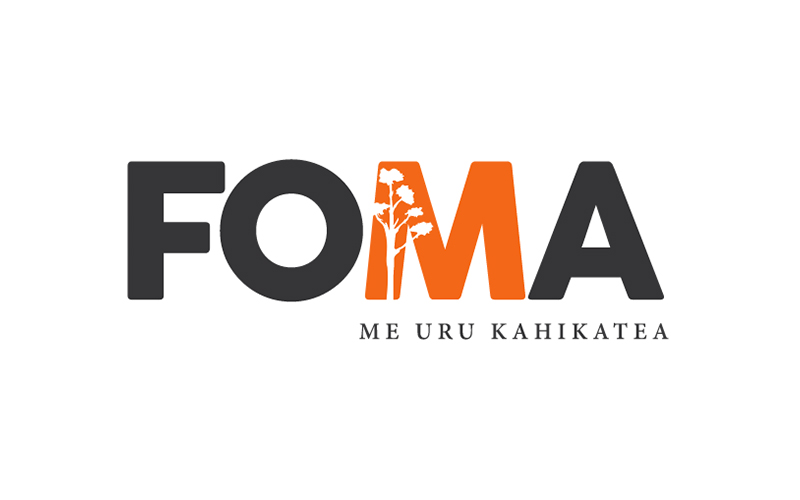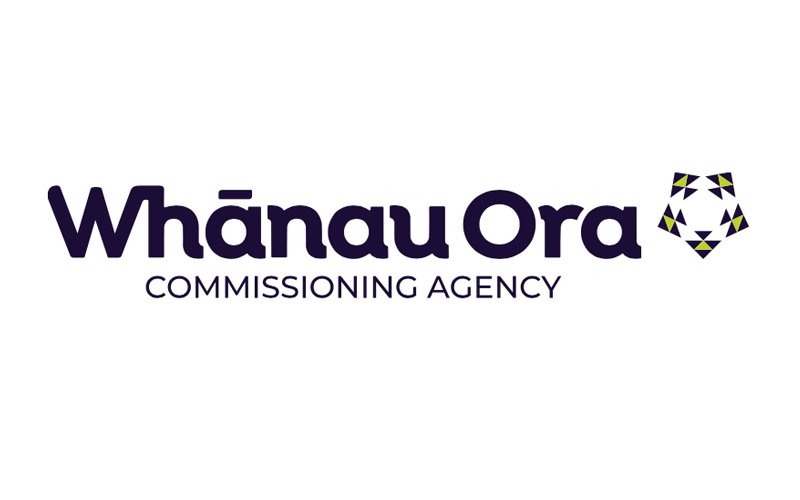Tupu Tonu Annual Report 2023/24 Tabled
- In addition to iwi annual reports, the Tupu Tonu Annual Report for 2024 was also tabled in Parliament last month. By way of background, Tupu Tonu is a Crown owned company, set up three years ago with a $150 million endowment in order to “build and grow a high performing portfolio of commercial assets for the future benefit of ngā hapū o Ngāpuhi”. The company has two shareholder Ministers, now Paul Goldsmith and Nicola Willis, (although Minister Willis has delegated to her Associate, Shane Jones), and is run by a board of five directors. The Chair is now Ben Dalton, replacing Sir Brian Roche.
- The general idea is, if at some point Ngāpuhi is ready to settle with the Crown, then some or all of the assets acquired by this company might be available for redress (or the company could be sold to the iwi for a dollar, or similar). That is, in a way albeit Crown owned presently, this company can maybe be viewed as a de-facto pre-settlement entity, getting on with the business of making investments for Ngāpuhi and distributing funds to iwi members whilst the iwi itself continues to address its internal settlement mandating challenges. The company presents as doing well: in short:
- the total asset is now worth circa $162 million (this year’s growth was circa $1 million);
- they report their return on investment at 4.4% for the year;
- two further investment decisions were made, bringing the total number of commercial investments up to thirteen (which means circa $72 million of establishment funds are now committed to these ventures); and
- in addition, this year $630,000 was also distributed out to 100 Ngāpuhi hapū, whānau and uri.
| Tupu Tou Financial Summary: | 2023/24 |
| Net Surplus | $5.4 million |
| Net Assets | $163 million |
| Total equity | $162 million |
Tupu-Tonu-Annual-Report-2023-2024.pdf
Update on the Marine and Coastal Areas (MACA) Act
- In August we provided an update on Takutai Moana matters (Pānui 24/2024 refers). This included:
- a background as to why the legislation is set out the way it is (with Māori having to prove customary title rather than the Crown having to prove usage rights in this space);
- major issues with funding administration processes from Te Arawhiti (i.e. successive governments under-estimating the size of the legal process they have imposed on Māori applicants);
- policy design issues within the legislation (notably two separate pathways for iwi / Māori to prove customary title that do not align, thus creating competitive processes); and
- we also outlined findings on the above matters from two Waitangi Tribunal reports.
- In addition, we also explained a Court of Appeal ruling which: asked the High Court to revisit its customary rights decisions made in the Western Bay of Plenty: because it concluded that the Act was in conflict with itself – and therefore to achieve its stated objectives Te Tiriti o Waitangi needed to be considered in customary title High Court rulings. (The appeal relates to claims around the Te Whakatōhea rohe, but because it is precedent setting it is of interest to all Māori applicants seeking customary titles.)
- We also noted the Government thought that the Court of Appeal made far too liberal a ruling and so decided to: (a) appeal against it, and in case that failed; (b) rewrite the law – essentially to ensure successful customary titles had a ‘high bar’ threshold. This is to ensure successful customary title claims are few and far between, rather than common along the entire coastline with many groups able to prove a claim. The Government’s view does not reflect iwi histories of the use of coastal areas, nor modern understandings from Māori groups when this law was introduced, hence new grievances – plus backdating the law is considered by many an additional wrongdoing. (Submissions setting out these matters about the bill can be read on the parliamentary website.)
- Adding to all this, this week the Supreme Court has released their ruling on the appeal concerning the Appeal Court ruling. (This is their part one, the specific individual Western Bay of Plenty ruling is still to come.) The Supreme Court finds that the appeal by the Government against the Appeal Court decision is allowed. That is, in our words, the Supreme Court considers the Appeal Court erred by being too narrow in its thinking around the purpose of the Act, in that they say the Appeal Court did not take into account the reconciliatory purposes of the Act. e. the idea the law is about balancing Māori rights alongside public rights and uses. They say, “the text and legislative history of MACA make clear its purpose is to recognise and reconcile competing interests in marine and coastal areas”. Our understanding is that in part two of its work (still to come) the Supreme Court now intends to hear issues about the relevant customary title tests and make fresh rulings – i.e. in effect setting out a new framework that all other courts must follow when considering MACA applications.
- The responsible Minister, Paul Goldsmith, has indicated that the Crown is pleased with the decision and is now considering its implications. One implication is that it could abandon its proposed law change as being unnecessary – but that seems to already have been ruled out by Minister Goldsmith. We will update subscribers further as this matter progresses.
Supreme Court Ruling is here: 2024-NZSC-164.pdf
Parliamentary Matters of Note:
- The Māori Affairs Select Committee undertook review work regarding the annual reports from Te Taura Whiri i Te Reo Māori (the Māori Language Commission) and Te Māngai Pāho this week as part of the wider “Scrutiny Week” being undertaken at Parliament. Question themes included:
- should entities be merged (i.e. are structures right, and what is your agency’s distinct contribution); and
- are targets for Māori language outcomes aligned, appropriate, and/or already met?
- In our view although the questions style was gentle and polite, they did seem to catch representatives from these two Crown Entities off guard, and there were no clear or strong answers given. As per our previous analysis our assessment remains:
- there should be one Māori Language Commission (not two or three);
- it should principally be governed and driven by Māori with support from the Crown (meaning it should not be a Crown Entity);
- Māori should define Māori language words and determine Māori language translator competencies (not the Crown as it is now);
- a single meaningful Māori Language Strategy is needed (this does not exist at present as agencies have their own approaches, and the overarching dual strategies have redundant goals); and
- there is a role for a separate Parliamentary Māori Language Commissioner to ensure governments uphold Tiriti obligations to protect Te Reo as an agreed taonga (role is noticeably absent).
- In sum, at the very least there is a strong case for Te Taura Whiri and Te Mangai Pāho to become business units in Te Mātāwai. Other more radical change proposals might also be worth considering.
- The Māori Affairs Select Committee also meet with Te Arawhiti, discussing the pending structural changes (services moving to Te Puni Kōkiri) and challenges with completing settlements. There were some unusual aspects here too, with one staff member talking about challenges in doing their job (because they are Māori), and another telling the Committee that Te Arawhiti does not know what is in the formal report back on the Government’s responses to Waitangi Tribunal recommendations. Again, however, the Committee maintained a very cordial approach.
Watch public meetings of the Māori Affairs Committee – New Zealand Parliament
- Education Minister, Erica Stanford, has released a Māori Education Action Plan. A team member will review this in early 2025.
Govt delivers Māori Education Action Plan | Beehive.govt.nz
Appointments and Awards:
- Evie O’Brien has been appointed as the incoming Kaiwhakatere / Chief Executive of Te Wānanga o Aotearoa. She will replace Nepia Winiata when he retires in mid-February 2025.


